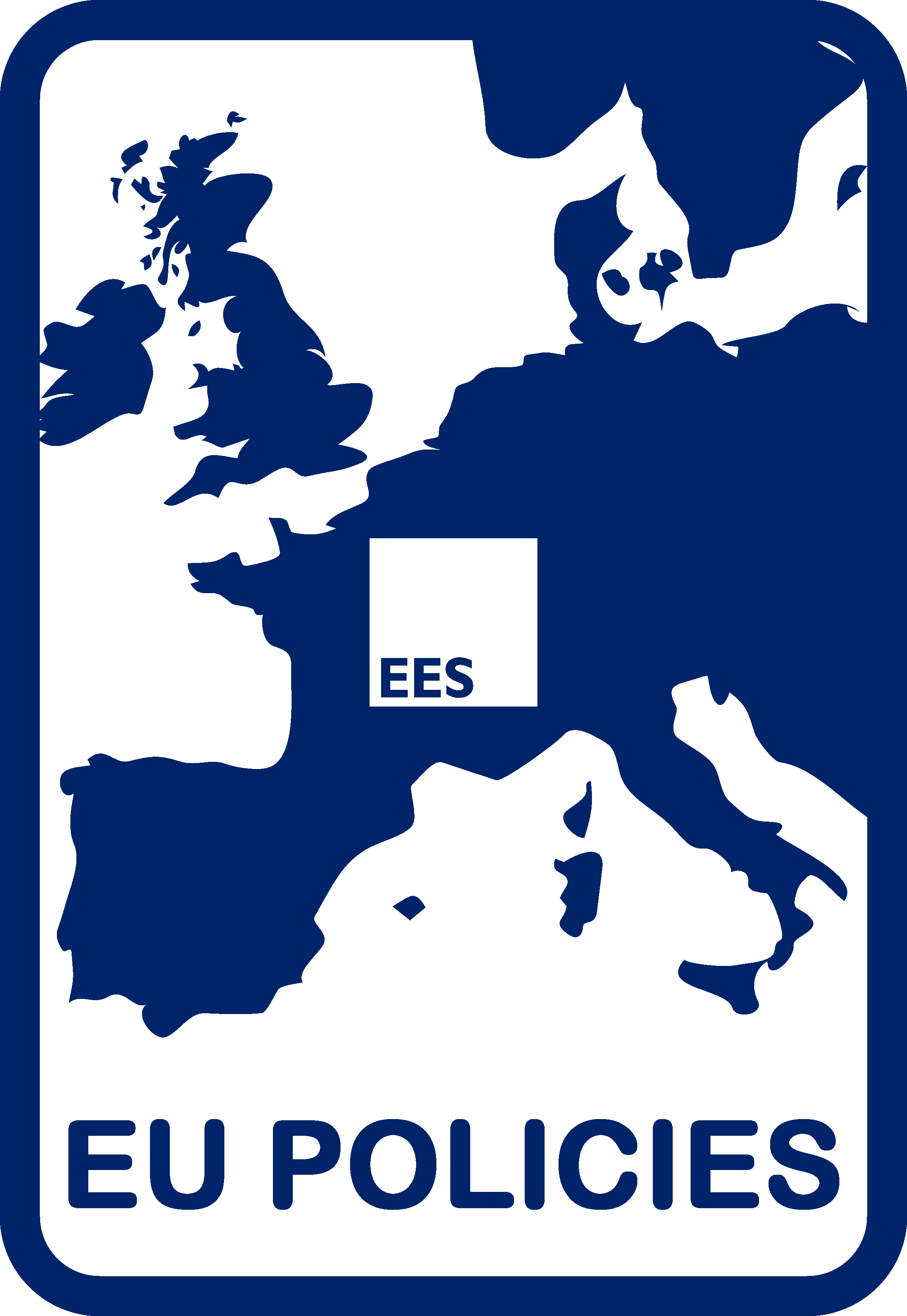Presentation of TWG
EU policies cover a wide range of economic, social, cultural and international domains where they aim to promote a sustainable development, ensure cohesion and solidarity and secure an area of freedom, security and justice.
Considering the variety of their objectives, the funds involved and their interconnection with Member states, these policies deserve evaluation in order to ensure that they bring an EU added value, meet their objectives and demonstrate their relevance, effectiveness and efficiency to EU citizens. While the EU policies create opportunities for developing evaluation, evaluation activities per se can help improve and drive forward evidence-based policies.
Evaluations of the EU policies can transfer the experience to a broader audience. In this way, the policies contribute to developing evaluation capacities in the Member states and beyond the EU. Moreover, new issues and new ways of delivering benefits for European citizens create a constant need to renew the range of evaluation methods in order to optimize the effect of policies. Therefore, a number of evaluation themes deserve deeper attention of the evaluation community.
Together with various stakeholders and partners, the Thematic Working Group (TWG) on EU policies focuses on advocating building capacity and raising awareness about the role of evaluations in improving EU policies.
Considering the importance of building personal contacts to strengthen the network, the TWG will meet annually during a workshop to discuss the current evaluation themes and develop new ones.
Objectives of TWG
The primary objective is to promote evaluation for evidence-based policy-making within EU policies. To achieve this aim, the TWG’s work concentrates on:
- Introducing quality of life as an evaluation criteria throughout EU policies (including environment protection, healthcare, social care, inequality, and others);
- Evaluation of innovations and innovation of evaluations through EU policies;
- Digitalisation in EU policies and the use of digital technologies in evaluations.
The role of institutional actors (Commission, Parliament, Council, Member states) and other stakeholders to support and develop evaluations to the exchange of knowledge.
Specific Contact Person in the EES Board
Dr Oto Potluka (oto.potluka@gmail.com)
Dr Peter van der Knaap (peter-vander.knaap@minbuza.nl)
Current Work Plan
- Finishing a special issue in Evaluation and Program Planning on Quality of Life as an evaluation criterion (end 2022-beginning 2023)
- Call for abstracts for a workshop on Digitalization in evaluations and evaluations of digitalization (till the 23rd of December 2022). For further details click here.
- Workshop on Digitalization in evaluations and evaluations of digitalization (9th and 10th of February 2023, online).
- Discussion about publicaton effort (book, special issue, or another output).(Spring 2023)
Resources to download
Additional resources for EES members only
To watch again the EES TWG 6 & 7 – Workshop on ‘Digitalization in Evaluations’ that took place on 30 & 31 March 2023, please click here (for members only).
- To view the recordings of the TWG7 workshop “Quality of Life as an Evaluation Criterion” that took place on 10 & 11 February 2021, please click here (for members only).



